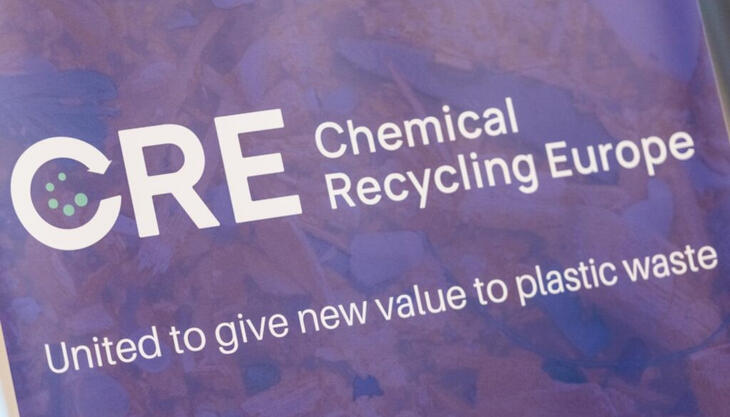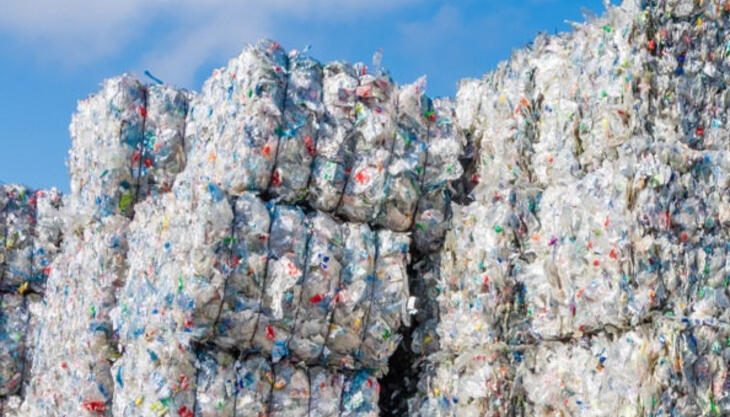China seeks to end reign as global dumping ground
Despite the fact that Europe is a global leader in plastics recycling and in diverting plastics from landfills by using waste-to-energy programs that convert waste into power generation, Europe, along with many other industrialized regions, recently got another major incentive to increase its recycling effectiveness for plastics - the message that China no longer wants to be the world’s dumping ground for plastic waste, according to research from IHS.
As a result, recyclers in Europe and other countries such as the United States, Canada, Japan, Brazil, Mexico and Australia, must improve their recycling technology processes as China, once the final destination for more than 70% of the world’s plastic waste, strengthens its ‘green fencing’ regulations to restrict types of plastic waste materials it will accept. China is the world’s largest consumer of recycled plastics, but relies heavily on imports - it imported 10.3 billion tons in 2012, according to IHS.
“China is increasingly concerned over degradation to its environment,” said Jim Glauser, specialty chemicals analyst at IHS Chemical and author of a report on plastics recycling. “The country has rejected shipments of waste deemed contaminated or unsuitable and officials are cracking down on hazardous materials that eventually go to Chinese landfills”, he said. “Exporters of plastic waste have to improve their recycling processes, since fewer alternative markets exist to accept this waste, and frankly, much of the plastic still has significant value through reuse or energy recovery”.
China’s Green Fencing initiative, Glauser said, has turned the global recycling industry on its head. “Much of the plastic scraps once destined for China are now being exported elsewhere, and the global recycling equipment industry is working to expand its automation to improve waste sorting. Plastic manufacturers and producers of plastic goods are evaluating design guidelines to increase recyclability. One idea is the concept of resin markers, which would help recyclers assess contents of plastic waste to makes sorting easier. China also has an opportunity to grow its domestic recycling”. The issue of recycling, along with other aspects of the chemical industry in Europe, was discussed at the twenty-second Annual Polyethylene-Polypropylene Chain Global Technology and Business Forum, June 25-26, 2014, in Zurich.















